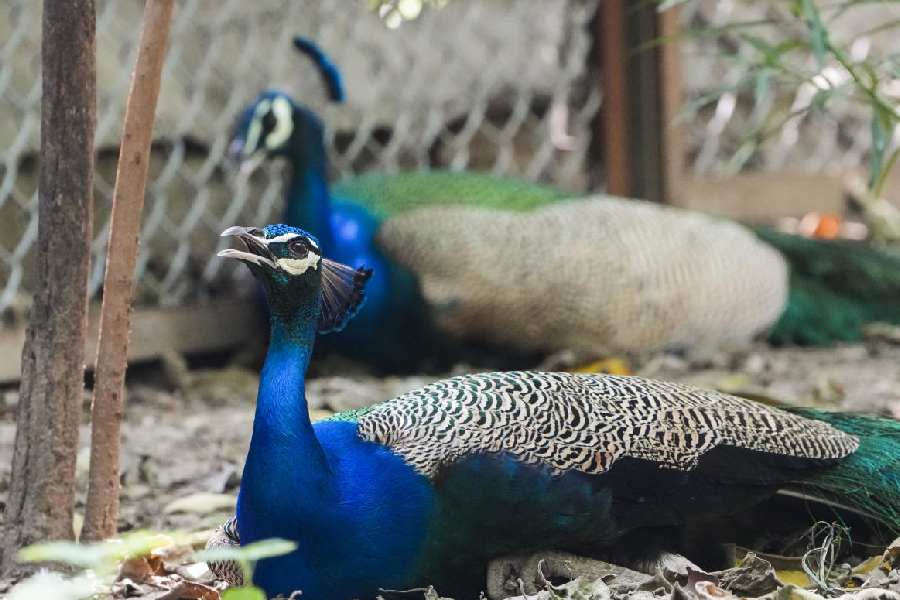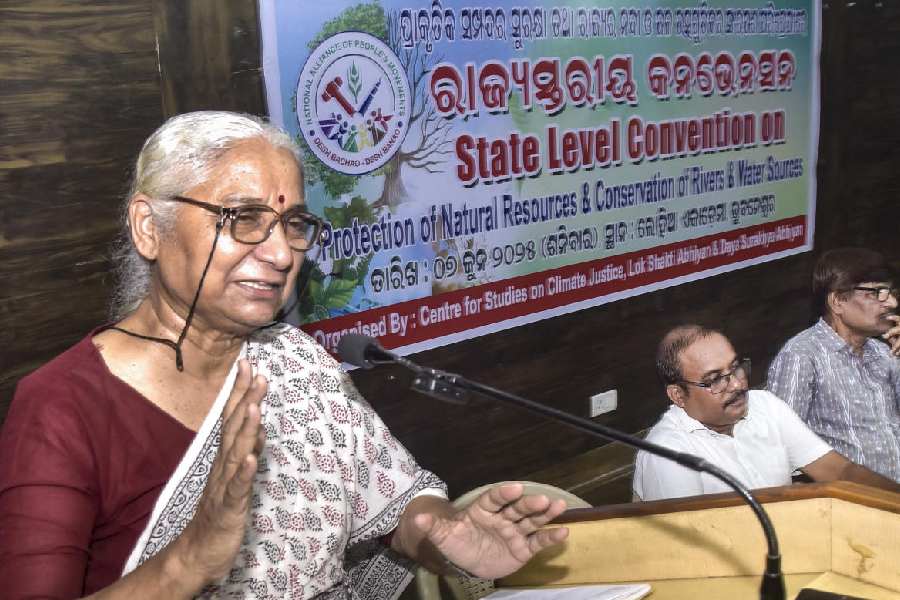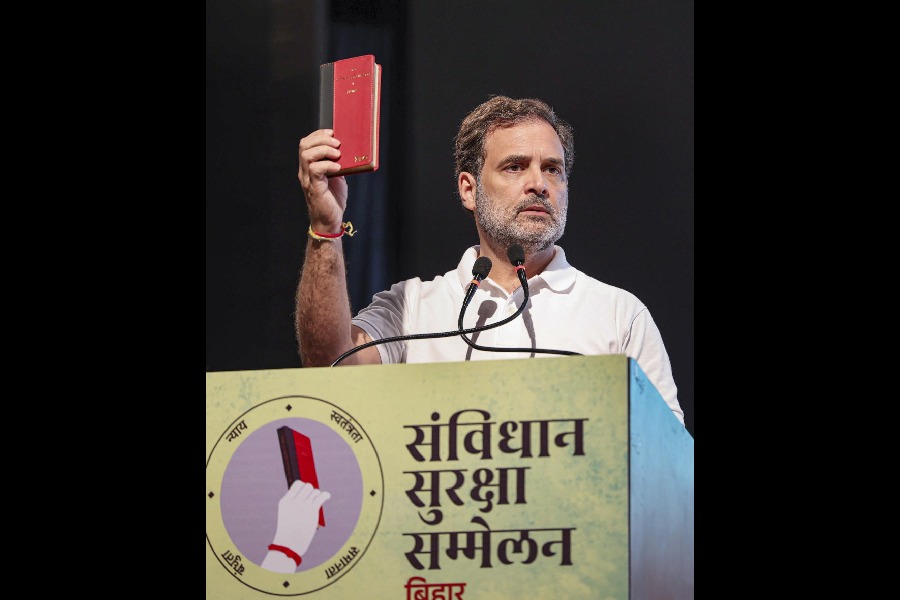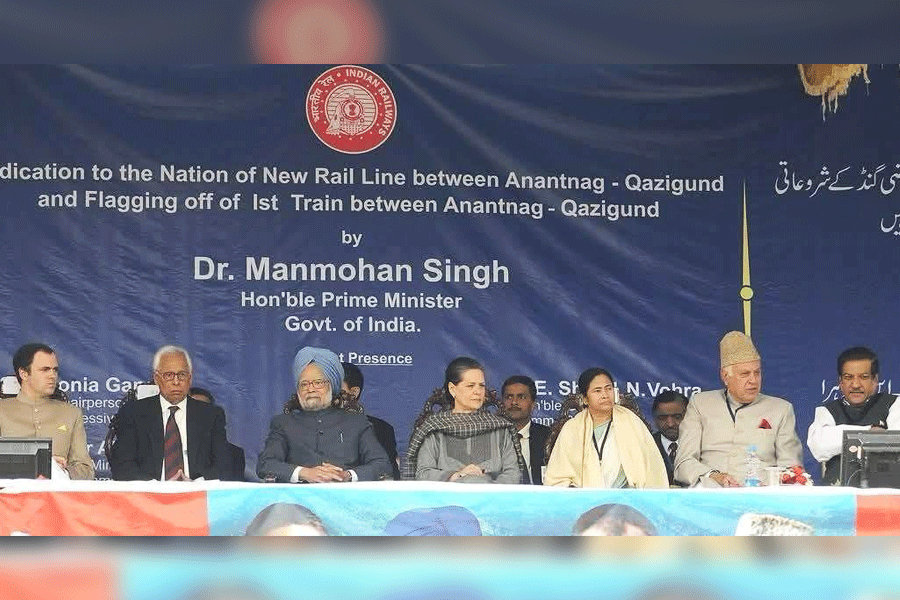 |
| Anjali Goala (second from left) interacts with the media in Guwahati on Monday. Picture by UB Photos |
Guwahati, Oct. 21: It’s a tie that cannot be forsaken. When eight-year-old Anjali Goala was deported to China in 1962 with her parents during the Sino-Indian War, she was clueless about what was going on.
In the past five decades, she moved from South China to Hong Kong, got married to a Chinese man and finally settled there.
Today, Anjali, who is visiting her motherland for the first time since she was deported, said her son wanted to retain her surname Goala (which she received from her mother who belonged to the tea community) and appealed to the people of Assam to give her documents, if they have any, to support that she once belonged to this land.
“I always say that I was born in Assam. But when we are asked for documents, we face a problem. We appeal to the people to help us,” she said. Anjali has a Chinese name too, Ho Yuet Ming, which she got from her Chinese father.
Anjali has named her son Rahul Goala to keep alive the link that the country she was born in tried to wipe out.
Anjali was one of the seven Chinese-Assamese persons (including her brother and sister) who arrived in Assam on Saturday from Hong Kong to visit their birthplace, Makum, in Upper Assam’s Tinsukia district. They will move to Makum tonight and leave for Hong Kong on Friday.
All the seven were deported to China when they were children as the Indian government suspected that the “Chinese-origin people might work as spy for China during the India-China War”.
“They are too afraid to speak out. The trauma is still in their minds,” said Rita Chowdhury, who has written a voluminous novel, Makam (The Golden Horse) on the life of the deported Chinese-origin people.
Hundreds of people were brought to Assam from China by the British to work in the then nascent tea industry. They married local women, settled here, mostly in Makum, and became a part of the greater Assamese society. But when the Sino-Indian war broke out, their descendants were deported to China, leaving deep wounds.
Anjali said there are over 15,000 Chinese-Assamese people in Hong Kong who celebrate a “China-India party” every year, singing Chinese and Hindi songs, dancing and recalling the fading memories of the past.
“Hindi is still a link language among them in Hong Kong. It was also the link language of the earlier multifarious society of Makum where Chinese, Assamese and tea garden communities lived together. Many of them can also speak Assamese,” said Chowdhury.
The group was felicitated by the Asom Jatiyotabadi Yuva Chatra Parishad, the All Assam Tea Tribe Students’ Association and Adharxila, an NGO, here this morning. A documentary, The Divided Soul, directed by Dip Bhuyan and produced by Chowdhury, was also screened. It highlights how the Chinese-origin people were deported.










